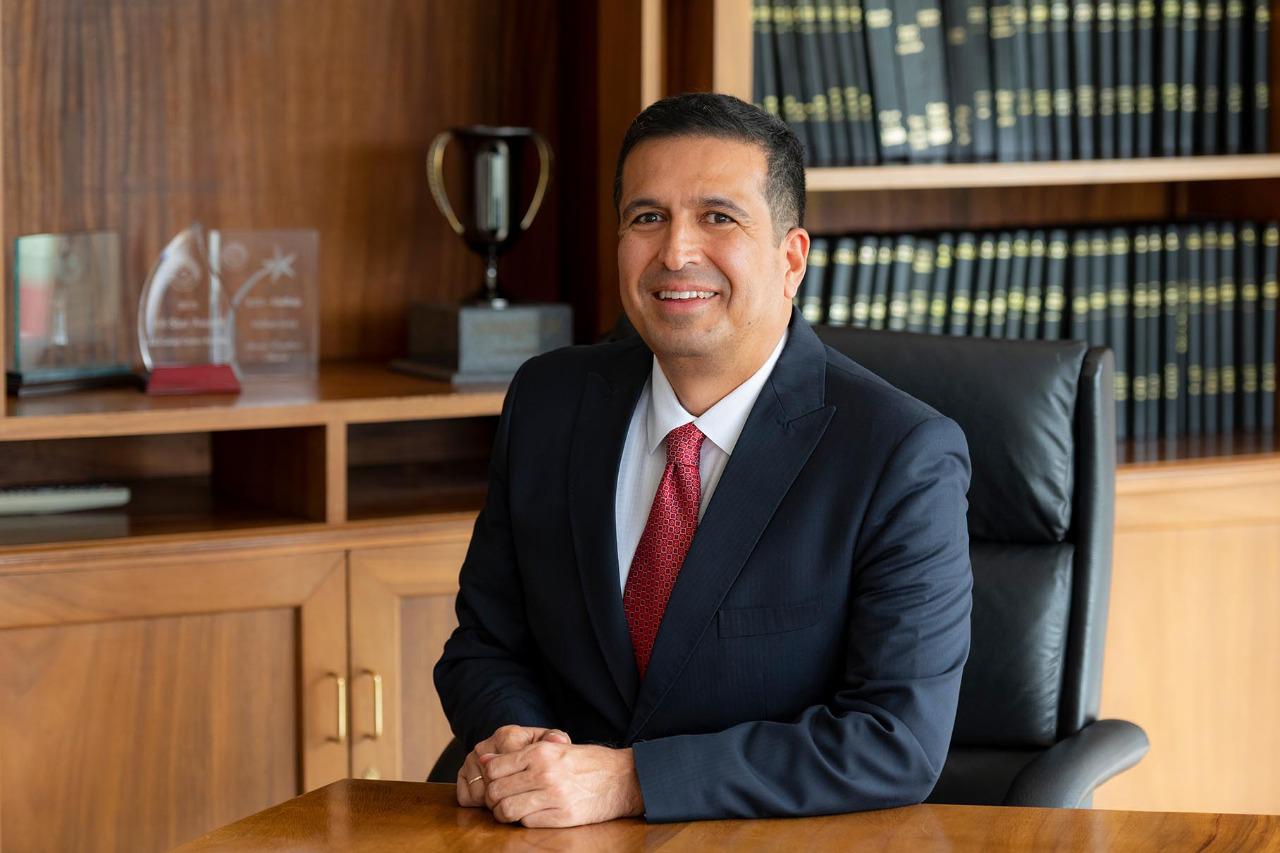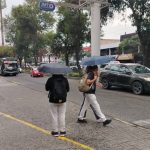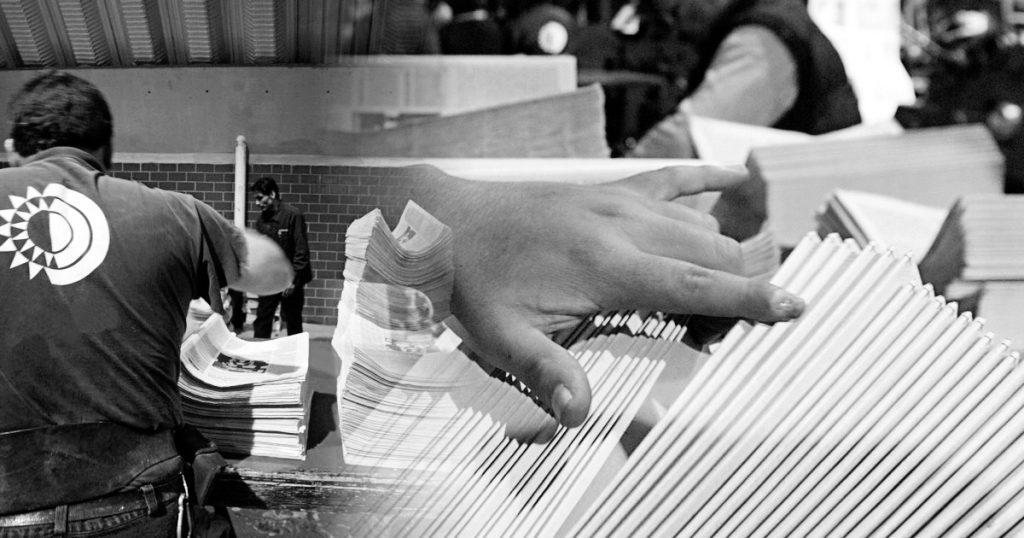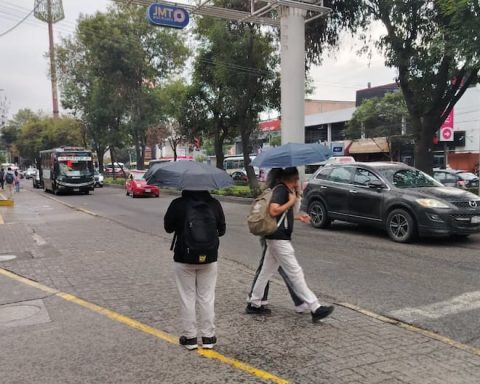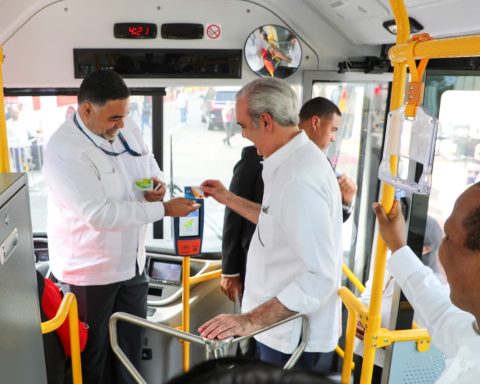More than 70% of Nicaraguans consider that the political trials against the more than 160 prisoners of conscience who are in Daniel Ortega’s prisons should be annulled and the detainees should be released, according to the most recent poll conducted by CID Gallup.
“There is a consensus that political prisoners should be released,” explained pollster and political consultant Luis Haug, director of CID Gallup, in an interview for This week Y CONFIDENTIAL.
In the survey, sponsored by CONFIDENTIAL, CID Gallup consulted between December 5 and 13 with 1000 Nicaraguan citizens through cell phones, nationwide, and the results have a margin of error of +/- 3.1 points, and a confidence level of 95%.
One of the questions in Nicaragua today. 50% of people say they are afraid; 16% say they feel threatened by the Government and the Police; and only 20% feel free. How confident are citizens in answering the CID Gallup poll questions?
Part of the actions we took to give people confidence was that we called from our call centers in Costa Rica and Panama, with phone numbers that they saw were from abroad, and in such a way that they felt more confidence than They were not being called from an ally of the Sandinista Front, to express their true feelings.
How did they reach those 1000 people distributed throughout the country? That is, there were people who rejected the call. What is the level of acceptance or rejection of this survey?
The level of acceptance is approximately 10% of all the effective calls that we make, it is similar to other studies, and at the same time, similar to the studies that we do when we touch the houses and go face to face with the interviews, no all the doors that open for us accept the interview.
That is, to reach these 1000 people …
We had to speak to more than 8000 people.
What happened in the vote on November 7? In this poll, 58% say they voted, and 42% say they did not vote. Among those who voted, 27% say they voted for the Sandinista Front; The five collaborationist parties add up to 38%; but there is another percentage that adds up to 35%, 20% between the invalid vote and the white vote, and the 15% who do not respond. These data contrast greatly with the official results that give the Sandinista Front 75.8% of the vote. How do you explain the discrepancy between this survey and the official results?
This survey reflects the distrust that citizens have in the results, in the institutions that were in charge of carrying out the count and the entire organization of the elections, and that distrust is reflected in the discrepancy that we are talking about. A large part of the population, he tells us, voted for other political forces, which we do not see reflected in the official results, but we do see it indicated in the distrust and fear that Nicaraguans feel towards these institutions today.
Compared to other elections, how does this vote compare for the Sandinista Front? Here it registers 27% of those who voted, and among those who did vote, there is a high percentage who voted null and who voted blank. On the other hand, the survey says that party sympathy for the Sandinista Front is 14%. This is your hard vote?
There is, definitely, a very strong dissatisfaction with the official party, with Daniel Ortega, we see it in the different questions that are evaluated, such as the way the country is advancing, the economic situation, the perception of the different institutions; And today, the hard vote of the Sandinista Front has been reduced to less than one in five people, unlike in other times when it was even up to 50%.
Based on these projections, it could be even less than 20%.
In fact, when we cross those people who are sympathizers of the official party and who have a favorable opinion of Daniel Ortega or Rosario Murillo, observations that even the strong hard vote, the true Sandinista follower, can be around 10% of the population.
66% consider that these elections are not legitimate, and 68% say that the results of the elections are not credible. The percentage of those who say they are legitimate rises to 28%.
Well, those two, out of three people, who show distrust of the results, show at the same time, when we analyze their feelings, distrust with the attitude of the Government towards political prisoners, towards the different expressions of Daniel Ortega against the States United, against the political prisoners, and against people who have expressed their dissatisfaction with the way in which he has been handling himself.
The vision of the future of Nicaraguans is summarized in a question that says, how much do you agree with the phrase, “the inauguration of Daniel Ortega, which will take place on January 10, will bring a positive change for the country?”. 70% say they do not agree with that statement, 24% do agree.
This disagreement that is seen at a general level is closely related precisely in that phrase, in reality, the positive change that an election normally generates in other countries, is not being seen here, and the pessimism is rather increased compared to previous months .
You mentioned before the opinions of the respondents about the direction of the country, 68% say that the country is going the wrong way. However, in October that percentage was even higher, although those who say they are on the right track are the same, 22% and 23%. And when it comes to asking about the main problems of families, what predominates is the economic situation, and secondly, the political situation.
Definitely, the political situation is creating instability within households, concern regarding their chances of getting a job, their chances of being able to have an increase in income from their salaries to meet the cost of living. And that is what is worrying citizens, what is revealing today is, how, like tomorrow?
The percentage of people who consider that the detentions of political prisoners are unjust increases from 68% in October to 73% now; and, on the other hand, the percentage of people who say that political prisoners should be released and their trials overturned is also increasing.
There is a consensus regarding the position that the Government should take with respect to political prisoners, citizens do not consider (that) they should be arrested, they should be released, they should be exonerated from the different trials that have been presented to them, and allow them to remain free, and even remain in Nicaragua and not have to leave the country.
The other question stems from that phrase of the hate speech that Daniel Ortega launched on November 8, the day after his reelection without political competition, when he called the political prisoners “sons of bitches of imperialism.” The survey asks, do you agree with that phrase by Ortega? 81% say no, only 12% agree; and later it is asked if the prisoners should be released or exiled as Ortega has said. Released, say 70%, and only 16% agree with Ortega’s opinion, that the United States should take them away because they are not Nicaraguan.
Definitely, the population has united in favor of the political prisoners, it is a great majority that asks for their release, considers their arrest unjust, and therefore this attitude is also seen at a general level reflected against the pessimism with which it is described. to the current Administration.
In that response, there is also that hard vote for Daniel Ortega, which is 12% who say they agree with him, 16% who say that the United States should take them, it is not even 27% of those who say they voted for him, or the 31% who say they have a favorable opinion of him.
That is what we see at a general level. There is around a 10% very hard vote, they are going to support Daniel Ortega, no matter what he says or what he does; and there are approximately 10-15% more who agree to hear the president and will take him into consideration and, probably, opine in favor of him. However, the above, when making this sum, we find that two out of every three Nicaraguans would seek a change, they consider that the direction of the country is negative and, therefore, they view the coming months with pessimism.
The other question is about the opinion of the population about the opposition candidates, who could not participate in the election because they are imprisoned: they all have favorable opinion percentages, higher than 50%, some even higher than 60%; and on the other hand, Ortega and Murillo, and some possible successors, such as Fidel Moreno or Gustavo Porras, have favorable opinion levels of 25% to 30%, and Ortega and Murillo have the highest unfavorable opinion levels of 57%.
We see once again how the population looks favorably on all these political prisoners, and where Cristiana Chamorro, Juan Sebastián Chamorro is, with high levels of popularity, and therefore also with the support of these Nicaraguans who consider their different judgments in good shape. negative.
The question on migration, which has been asked repeatedly in some surveys, if the population had the possibility to migrate, it would be 65%.
The current economic and political situation in Nicaragua is making it increasingly difficult to live and, therefore, we see that two out of every three people, if they had the opportunity, would migrate from Nicaragua, and the main reason is, above all, economic , having no food to eat.
Who do Nicaraguans believe? According to this survey, the institutions with the greatest credibility are young people and university students, 51%; the Catholic Church and independent media, 47%; the opposition, in a general sense, 42%, and the government entities have a level of confidence between 20% and the Sandinista Front party 25%.
This is where we analyze Daniel Ortega’s position, regarding the confidence that people have in his actions, and we see why, this disbelief is being reflected in pessimism towards the future. In other words, there is no confidence that the Government, and its leaders, can act with a view to the welfare of the people.
How do you sum up the future, based on what respondents say? There is a question that says, can a change be generated in Nicaragua? Opinions are divided.
There is still hope, but it will be very difficult to implement it, as long as the distrust in the institutions, in charge of a democracy, do not have credibility.
